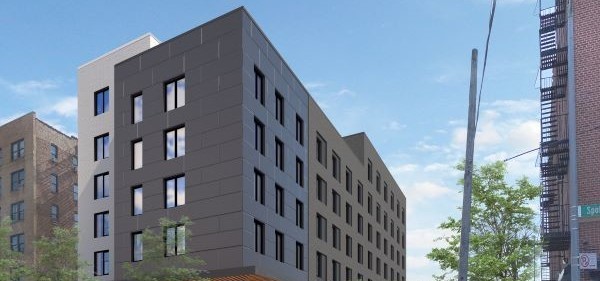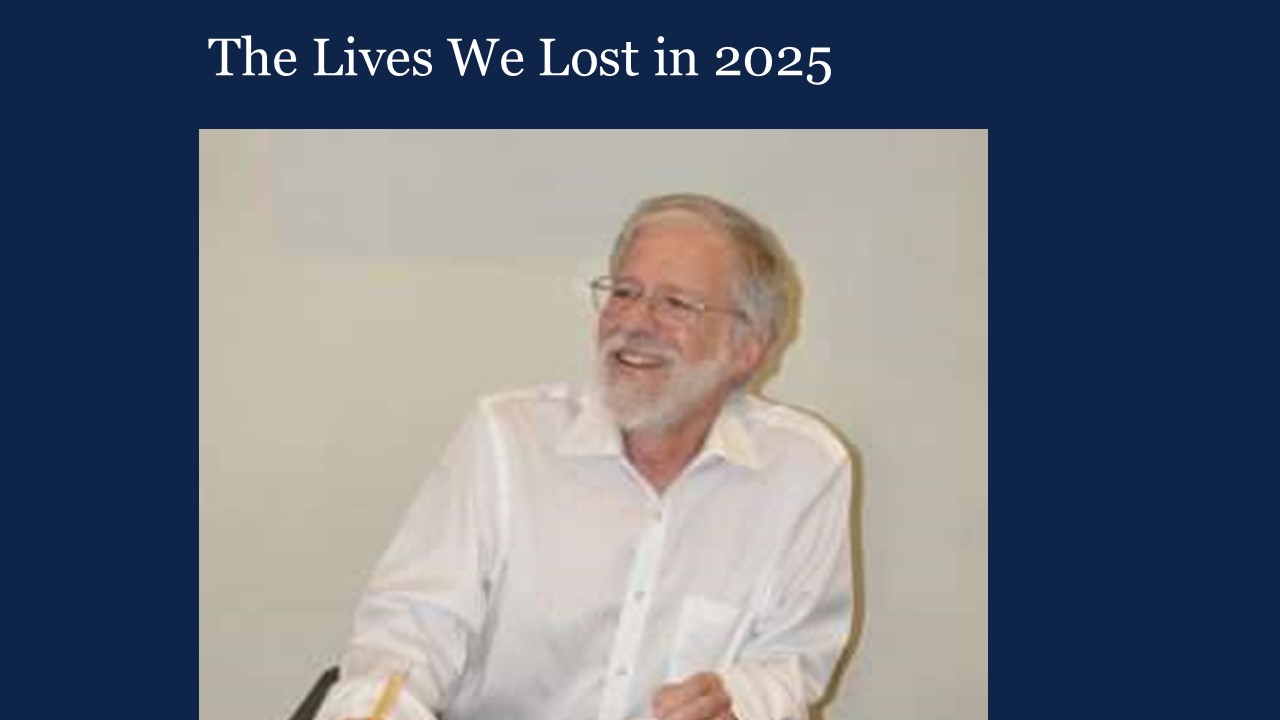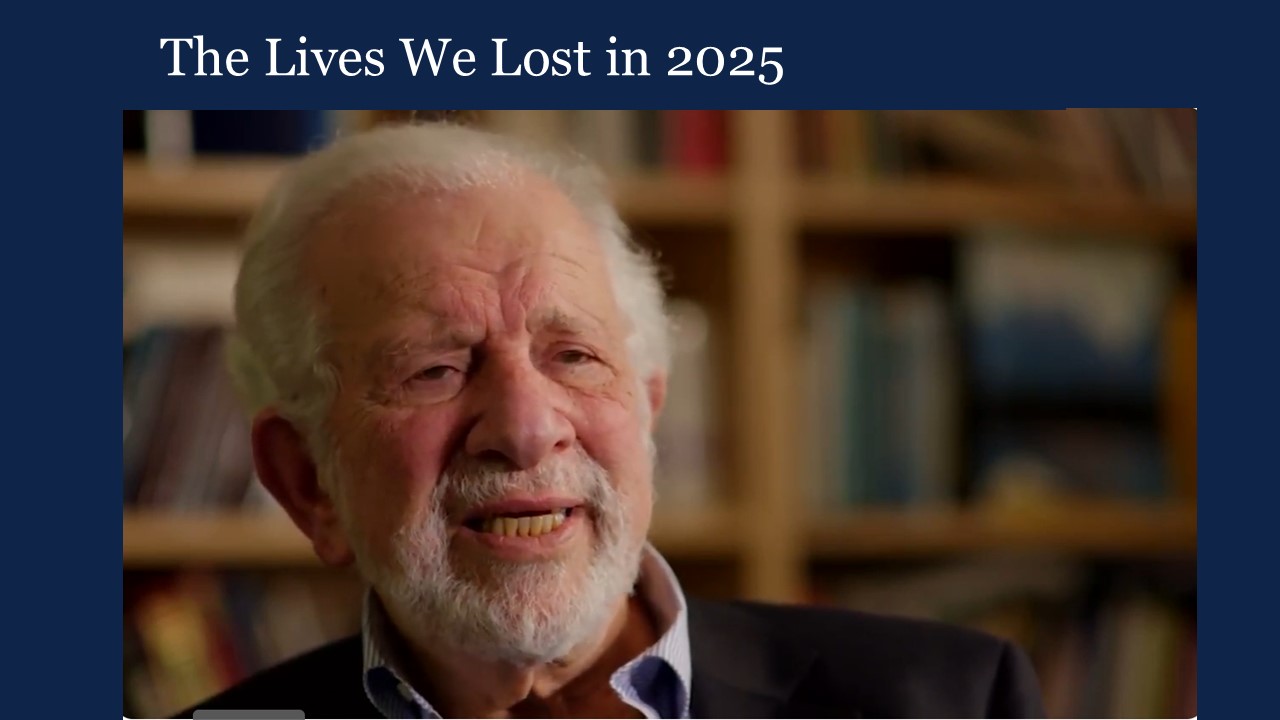Time was running short for The Doe Fund. The organization was in contract to purchase a property in the Hunts Point section of the Bronx for The Casanova, their new affordable housing development to be financed by both private and public dollars. As with any experience competing for properties in the New York City real estate market, for the Doe Fund time was of the essence.
When conversations with their acquisition lender fell through, The Doe Fund called FJC. “FJC was ready to provide financing almost quicker than we were ready to accept it,” explains John McDonald, The Doe Fund’s Chief Operating Officer. “Their speed and accessibility were a key factor in our ability to secure the site.”

In a period of three weeks, FJC approved a loan that covered the $4.25 million asking price, as well as $750,000 in predevelopment expenses, to cover those necessary costs the developers need to initiate a complex real estate project: environmental reviews, architectural plans, legal fees, and other costs. The loan is expected to be repaid when the Doe Fund secures $40 million in project financing, which will come from a range of public and private sources.
FJC’s speed was in part a function of the longstanding lending relationship with the Doe Fund, which has spanned decades and involved borrowing multiple loans from FJC’s Agency Loan Fund (ALF). This particular loan was somewhat unconventional. Because they hoped to finance reimbursable predevelopment expenses along with the acquisition, The Doe Fund was requesting a loan that exceeded the full amount of the appraised value of the property. This high “loan to value” may have been a stumbling block for other lenders with more rigid underwriting criteria, but FJC’s intimate knowledge of The Doe Fund and its principals allowed them to get comfortable approving the loan.
The acquisition is the first step in the Doe Fund’s development of the Casanova, an 94-unit affordable housing development with supportive services for people who would otherwise be homeless, with a special focus on people living with pre-existing conditions and seniors. The project aligns with The Doe Fund’s commitment to providing the most vulnerable New Yorkers with safe and dignified homes, and adds to their portfolio of 11 buildings offering 427 units. The Doe Fund was recently selected to the prestigious “Top 50” Affordable Housing Developer List by Affordable Housing Finance.
And housing is just one component of The Doe Fund’s work breaking the cycle of homelessness, drug addiction and criminal recidivism. New Yorkers may know The Doe Fund from the street cleaning work of the “Men in Blue”, the participants in Ready, Willing, and Able program, which provides paid work alongside holistic social services, career training, education, and sobriety support. (FJC also recently provided a loan to bridge a city government grant to provide career development, educational services and occupational training to formerly incarcerated individuals).
“It takes a lot of different partners to do this vital work for New York City,” says McDonald. “We really appreciate FJC’s ability to provide loans to support so many of our activities, from program contracts to real estate.”




